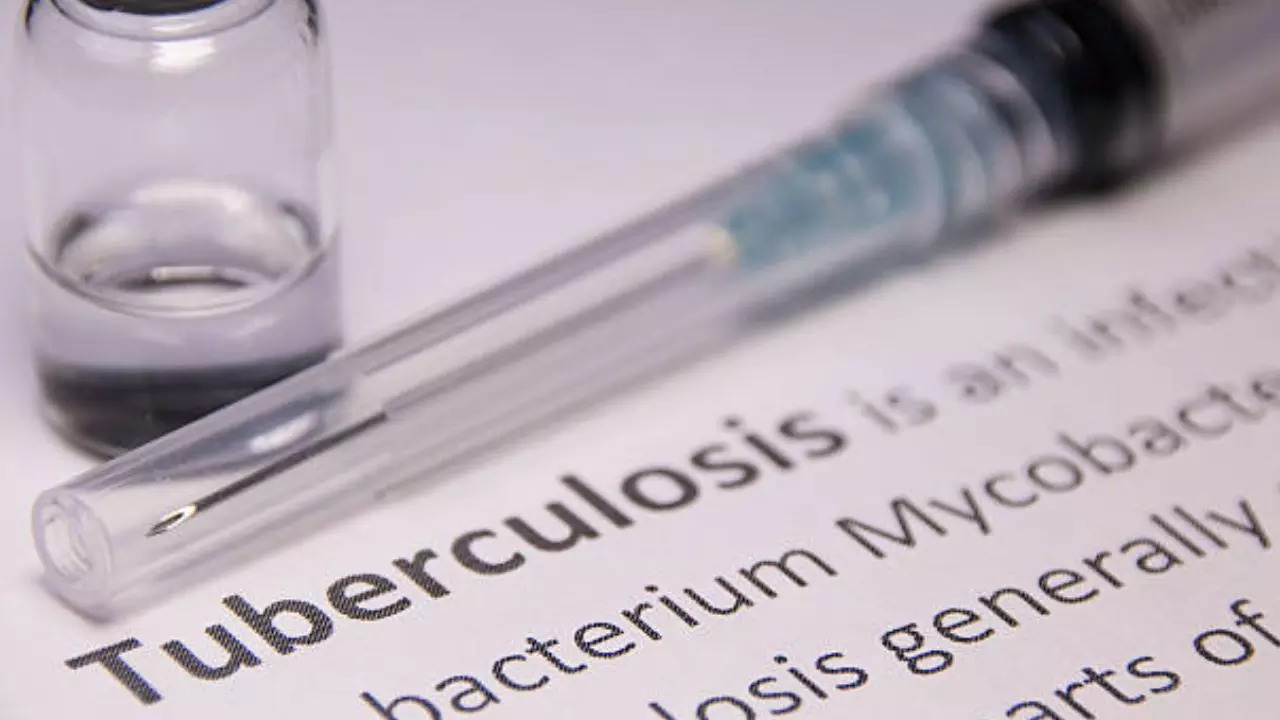Health Ministry approves shorter course of treatment for multidrug-resistant tuberculosis (Image credit: iStock)
The Union Ministry of Health has approved a shorter, less toxic and more effective treatment regimen, BPaLM, for multidrug-resistant disease. tuberculosis (MDR-TB) under the National TB Elimination Programme (NTEP). This new six-month regimen replaces the previous 20-month treatment and includes pretomanid, a recently approved anti-TB drug, combined with bedaquiline and linezolid (with or without moxifloxacin).
BPaLM, a four-drug combination, has been shown to be safer, more effective and faster than traditional treatments for drug-resistant TB, which typically take up to 20 months and are associated with serious side effects. The Ministry of Health highlighted that BPaLM offers a high success rate, curing drug-resistant TB in just six months, benefiting 75,000 patients across India and reducing overall treatment costs.
The Ministry highlighted that the Department of Health and Family Welfare, in collaboration with the Department of Health Research, ensured a thorough validation of the regimen, which was peer-reviewed and confirmed to be safe and cost-effective. This decision supports India’s national goal of eliminating TB by 2025, five years ahead of the global target set out in the Sustainable Development Goals (SDGs).
A national-level implementation plan for BPaLM is being prepared, where the Central TB Division will work with states and Union Territories to ensure effective implementation. This will include extensive training for health professionals to safely administer the regimen. A senior TB official noted that this initiative will significantly strengthen TB control efforts in India and accelerate progress towards eradication of the disease.
Tuberculosis in India
Tuberculosis (TB) remains a major public health problem in India, with the country accounting for a substantial share of the global TB burden. Below are some key statistics and details on the situation in India:
– High burden of TB: India has the highest number of TB cases in the world and contributes to around 26% of global TB cases. According to the World Health Organization (WHO) Global TB Report 2022, India recorded over 2.59 million cases in 2021.
– Drug-resistant TB: India also has a high burden of multi-drug-resistant TB (MDR-TB) and extensively drug-resistant TB (XDR-TB). In 2021, there were an estimated 124,000 cases of MDR-TB, making it one of the most challenging aspects of TB control.
– TB deaths: TB remains one of the leading causes of death in India. In 2021, an estimated 500,000 TB-related deaths occurred in the country. Delayed diagnosis and poor adherence to treatment are major factors.
– Impact of COVID-19: The COVID-19 pandemic significantly impacted TB screening and treatment services in India, with a reported 20 percent reduction in TB.
Disclaimer:
The information contained in this post is for general information purposes only. We make no representations or warranties of any kind, express or implied, about the completeness, accuracy, reliability, suitability or availability with respect to the website or the information, products, services, or related graphics contained on the post for any purpose.
We respect the intellectual property rights of content creators. If you are the owner of any material featured on our website and have concerns about its use, please contact us. We are committed to addressing any copyright issues promptly and will remove any material within 2 days of receiving a request from the rightful owner.

